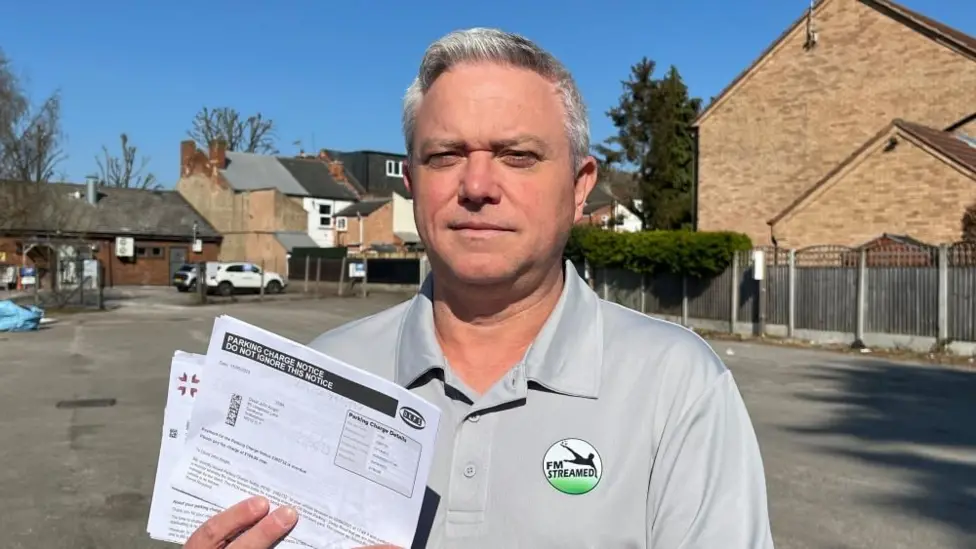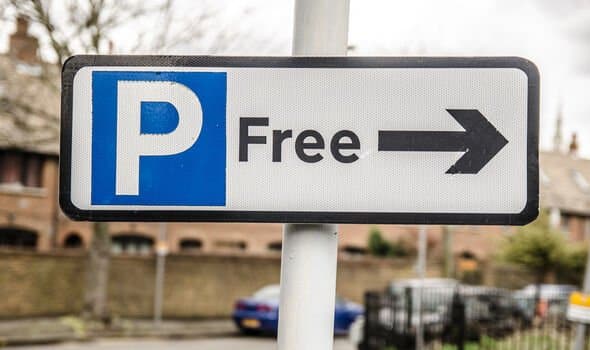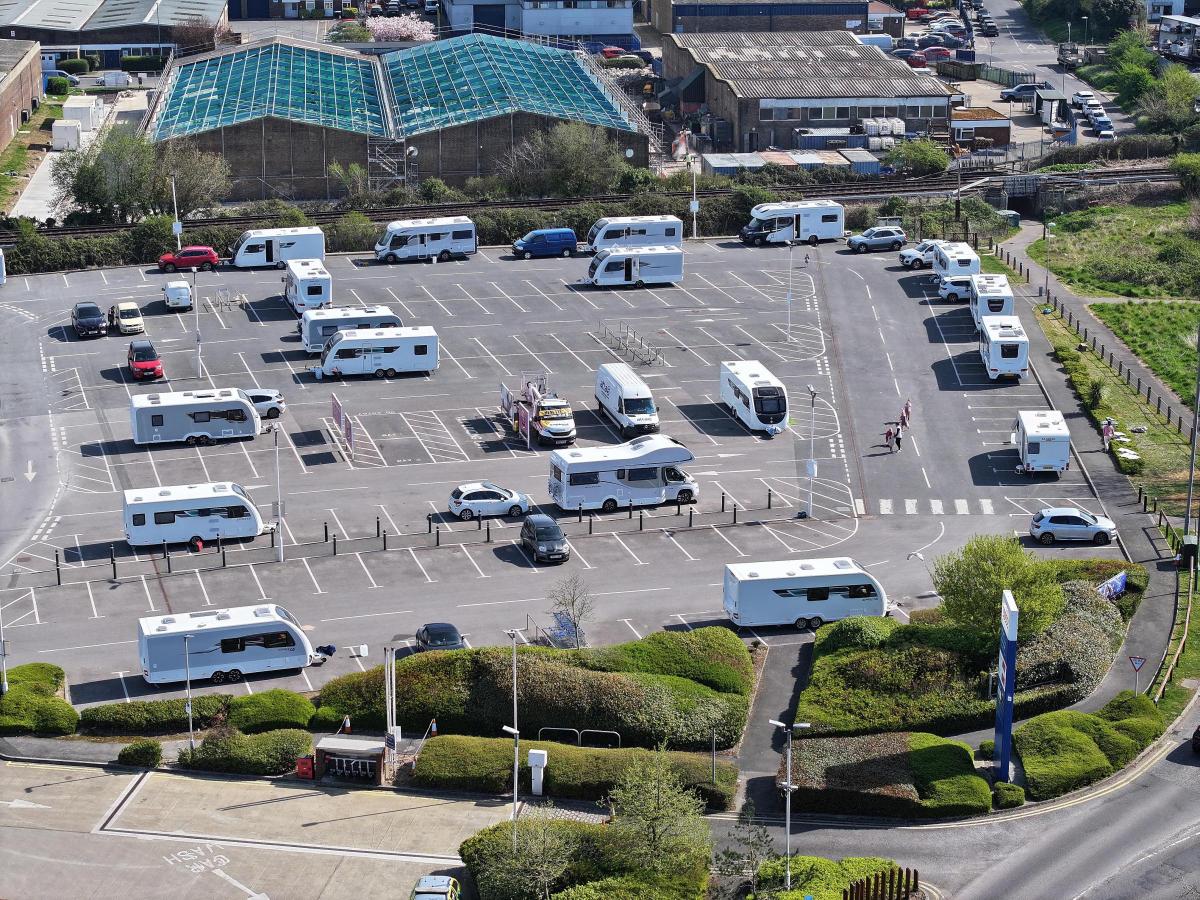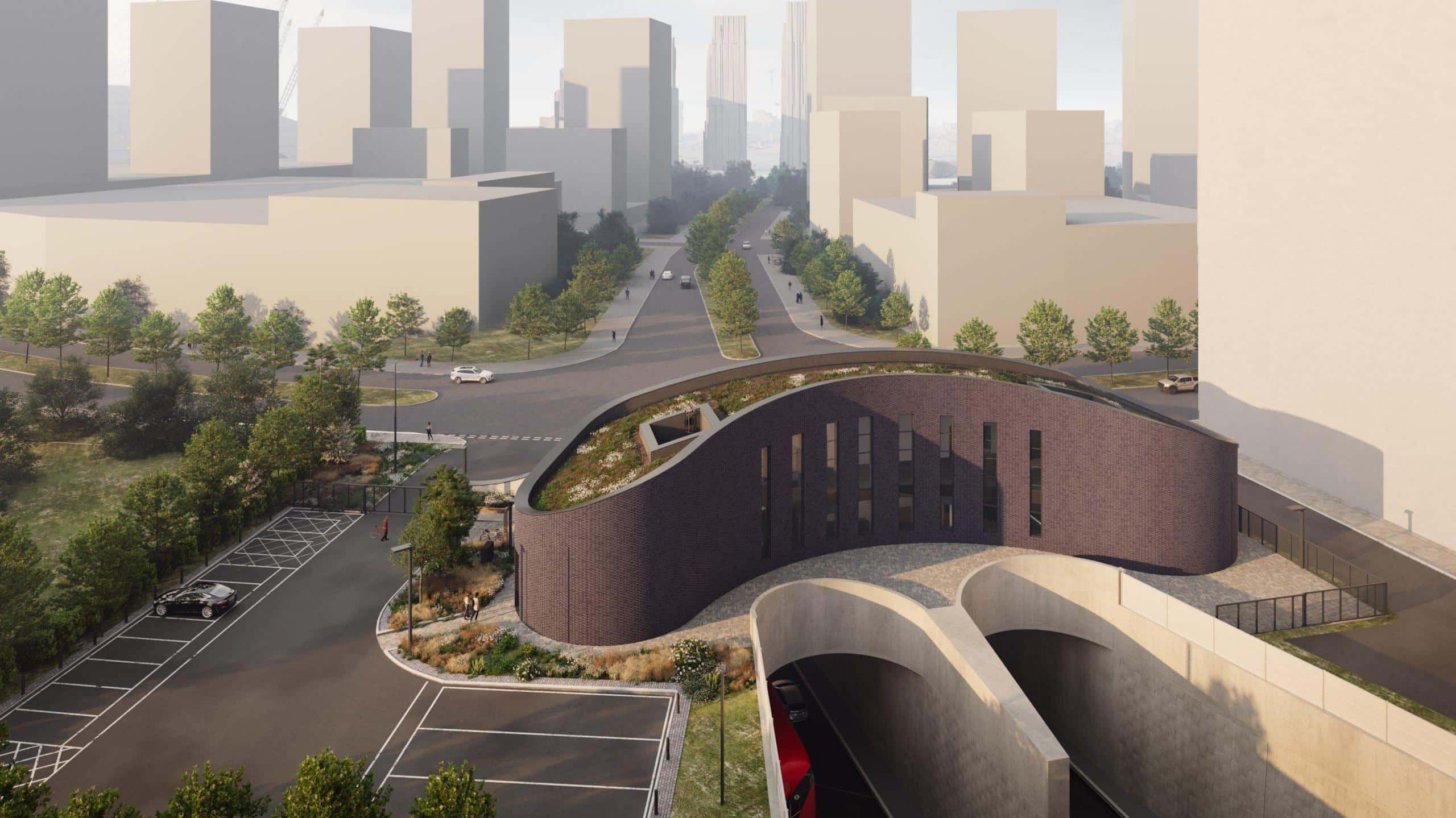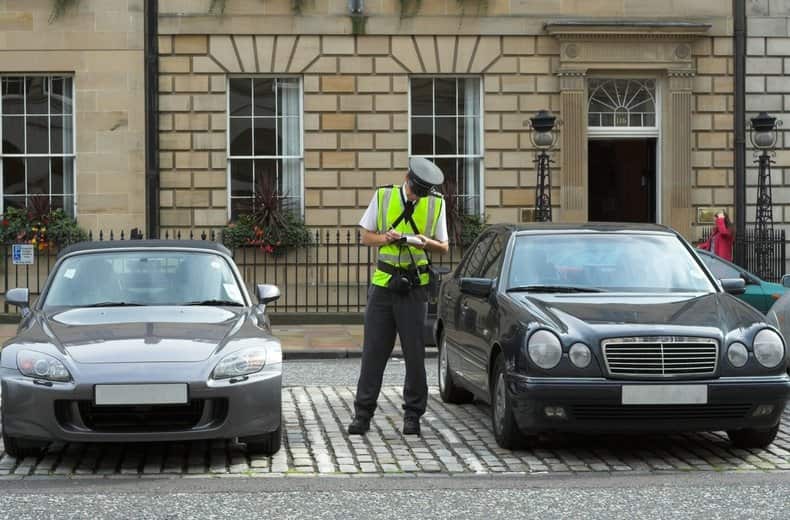London Tradesman’s Van Trapped in Car Park for Two Years – £40,000 Lost and No Resolution in Sight


In a baffling saga of technological failure and bureaucratic delay, two small business owners from Buckinghamshire are still waiting to retrieve their electric van, more than two years after it became trapped in a malfunctioning automated car park in central London.
Mark Lucas, co-owner of HCS Furniture, had driven his Vauxhall Vivaro electric van to Rathbone Square in Fitzrovia, London, in December 2022 to deliver custom-made furniture. The state-of-the-art underground car park, located beneath the prestigious development that houses Facebook's UK headquarters, promised secure and convenient storage. But that convenience quickly turned into a nightmare.
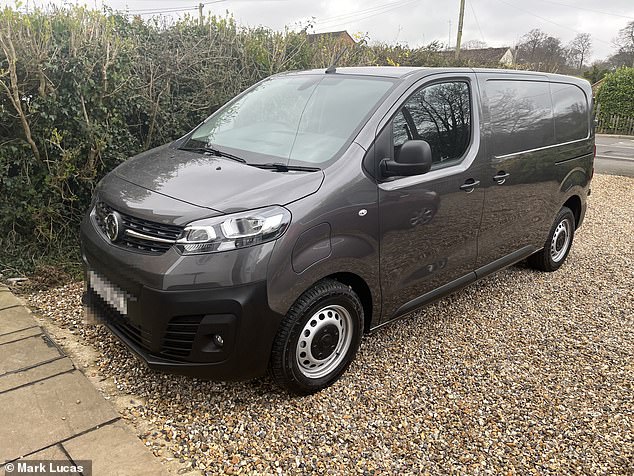
Upon returning to collect the vehicle just hours after parking, Mr Lucas was informed by the car park concierge that the machinery had suffered an unspecified mechanical failure. The advanced automatic parking system, which uses robotic lifts to move vehicles into warehouse-style slots, had broken down. His van could not be retrieved—and more than 27 months later, it still hasn't been.
Lucas and his business partner, Steve Davies, have spent an estimated £40,000 renting replacement vehicles and ultimately financing a new van, all while continuing to make payments on the trapped Vivaro, which remains declared as off-road.
"It was supposed to be a secure, modern facility," said Mr Davies in an interview. "They just said, 'It’s broken. It doesn’t work anymore.' At first, we thought it would be days, maybe a week. But weeks turned to months, and we kept being told, 'Next week.' It's been over two years. It's unbelievable."
State-of-the-Art System Gone Wrong
The Rathbone Square car park utilises a system developed by Klaus Multiparking, a German engineering firm specialising in automated vehicle storage. Distributed in the UK by Double Parking Systems, the infrastructure is designed to accommodate small commercial vehicles such as the Mercedes-Benz Sprinter—implying that the Vauxhall Vivaro should have posed no problem.
Promotional material even features vans parked effortlessly in the automated bays. Yet for all its futuristic promise, the system appears to have suffered a catastrophic and persistent fault.
Double Parking Systems, when approached for comment, cited a non-disclosure agreement and could not elaborate on the failure or ongoing legal wranglings. The company did later confirm to the Daily Express that the system had finally been repaired, though as of the latest updates, Mr Lucas and Mr Davies had not regained access to their vehicle.
Who Is Responsible?
At the heart of the issue is the question of liability. The parking system's operator, the facility’s management, the equipment manufacturer, and insurers have reportedly been unable to reach an agreement on who is responsible for the cost of the repairs and compensation.
"These systems are modular and mass-produced," said Mr Davies. "We suspect the real reason for the delay is not technical but legal. It’s all about the insurance companies and who pays. In the meantime, we’re stuck and paying the price."
The freehold for Rathbone Square is owned by Rathbone Place Jersey Ltd, an offshore entity ultimately held by WestInvest Gesellschaft für Investmentfonds, which purchased the development for £435 million in 2017.
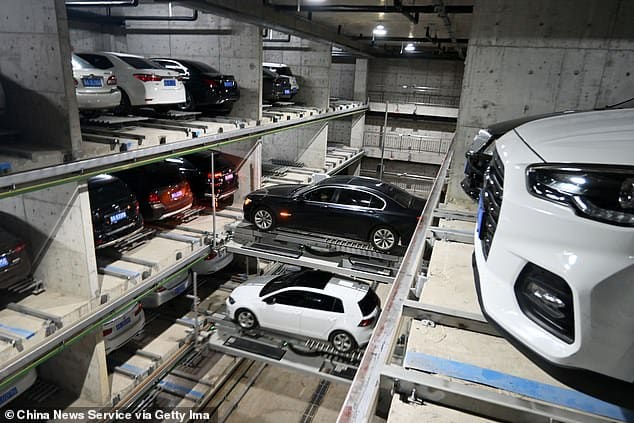
Bigger Issues with Automated Parking
Automated parking systems have gained popularity in densely populated urban centres due to their efficiency and small footprint. Unlike traditional car parks, they eliminate the need for ramps and walking space, allowing more vehicles to be stored in a given area.
However, they are not without problems. The technology has a history of glitches and long delays in vehicle retrieval. One infamous example is the Woolwich Auto Stacker, opened in 1961 with great fanfare but closed within months due to mechanical failures. More recently, in 2019, an automated car park in Stockholm experienced a power outage that left 18 vehicles trapped for several months.
The situation at Rathbone Square adds to growing concerns about the reliability and accountability of such high-tech parking facilities. With no official timeline for when Mr Lucas and Mr Davies can expect to retrieve their van, the case raises important questions about customer rights, transparency, and the risks associated with automated infrastructure.
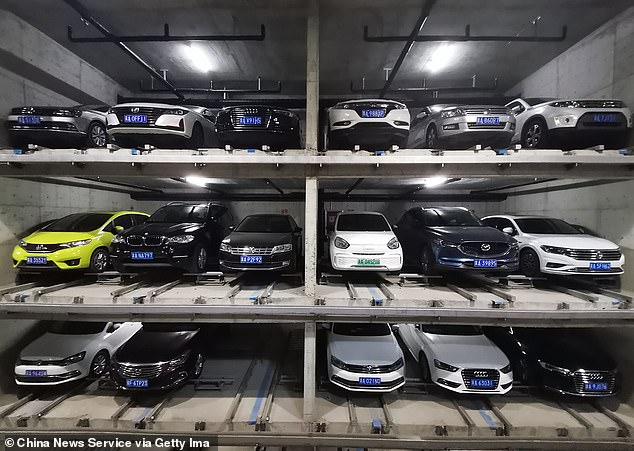
What Can Be Done?
The case underscores the importance of due diligence when using automated parking systems, particularly in commercial settings where the cost of disruption can be enormous. It also highlights the lack of regulation around liability in such instances, leaving vehicle owners caught in protracted disputes.
Mr Lucas and Mr Davies continue to seek legal recourse while urging the car park operators and insurers to resolve the matter. Meanwhile, their story serves as a cautionary tale for both businesses and individuals entrusting expensive vehicles to automated systems.
Posted on 8 April 2025

